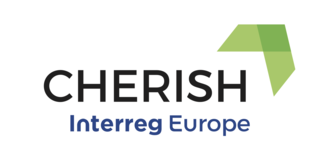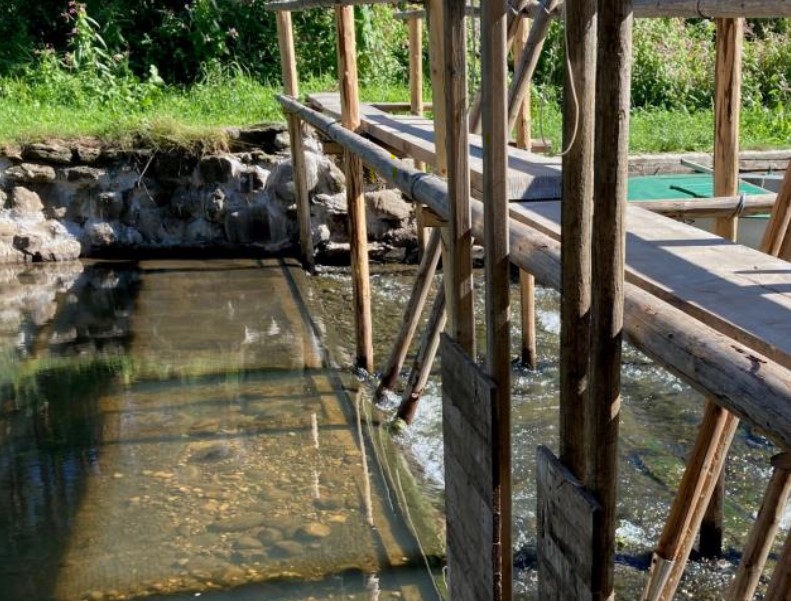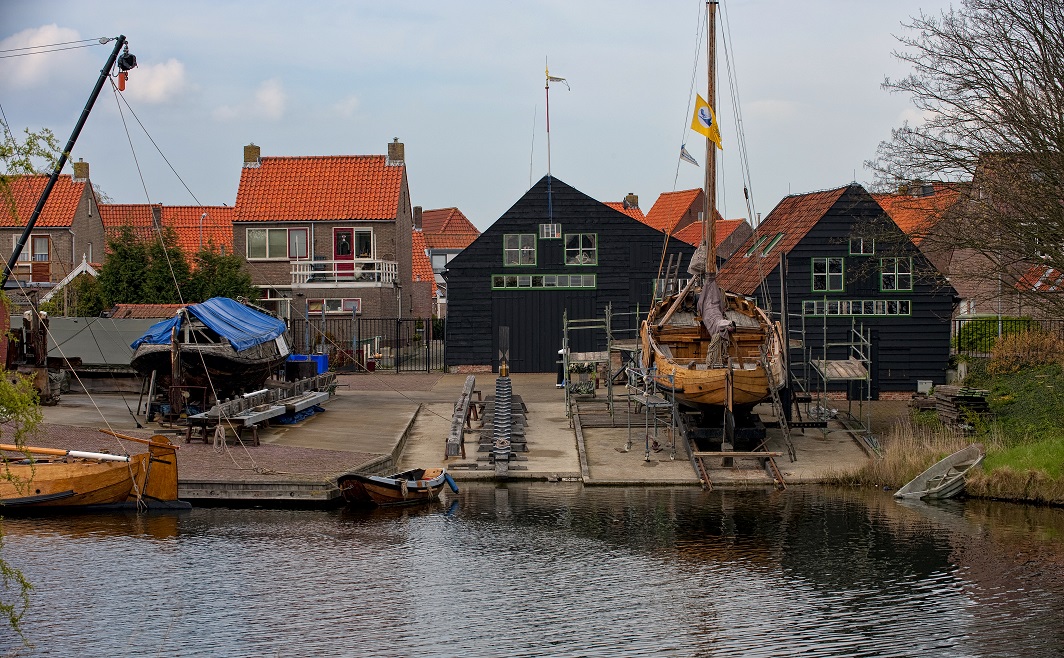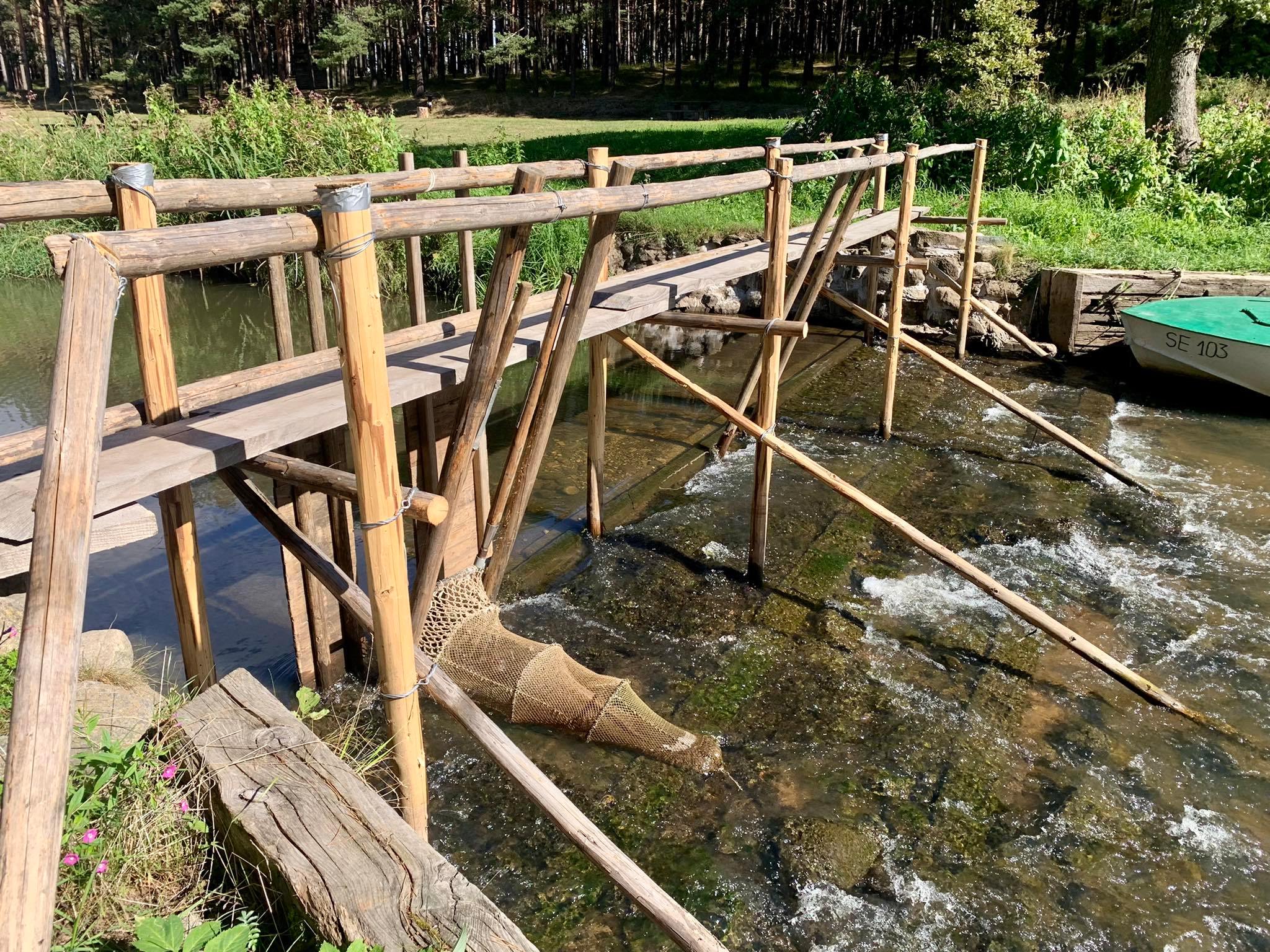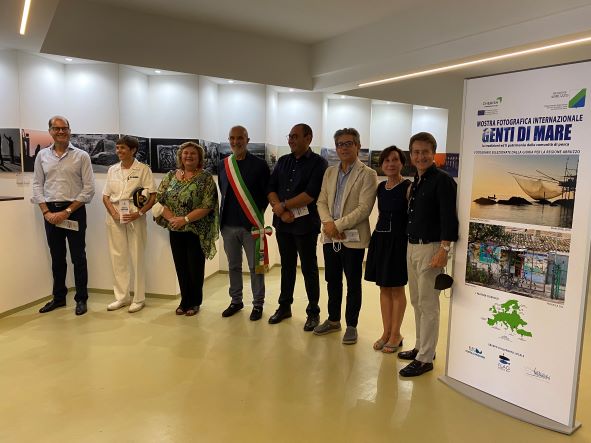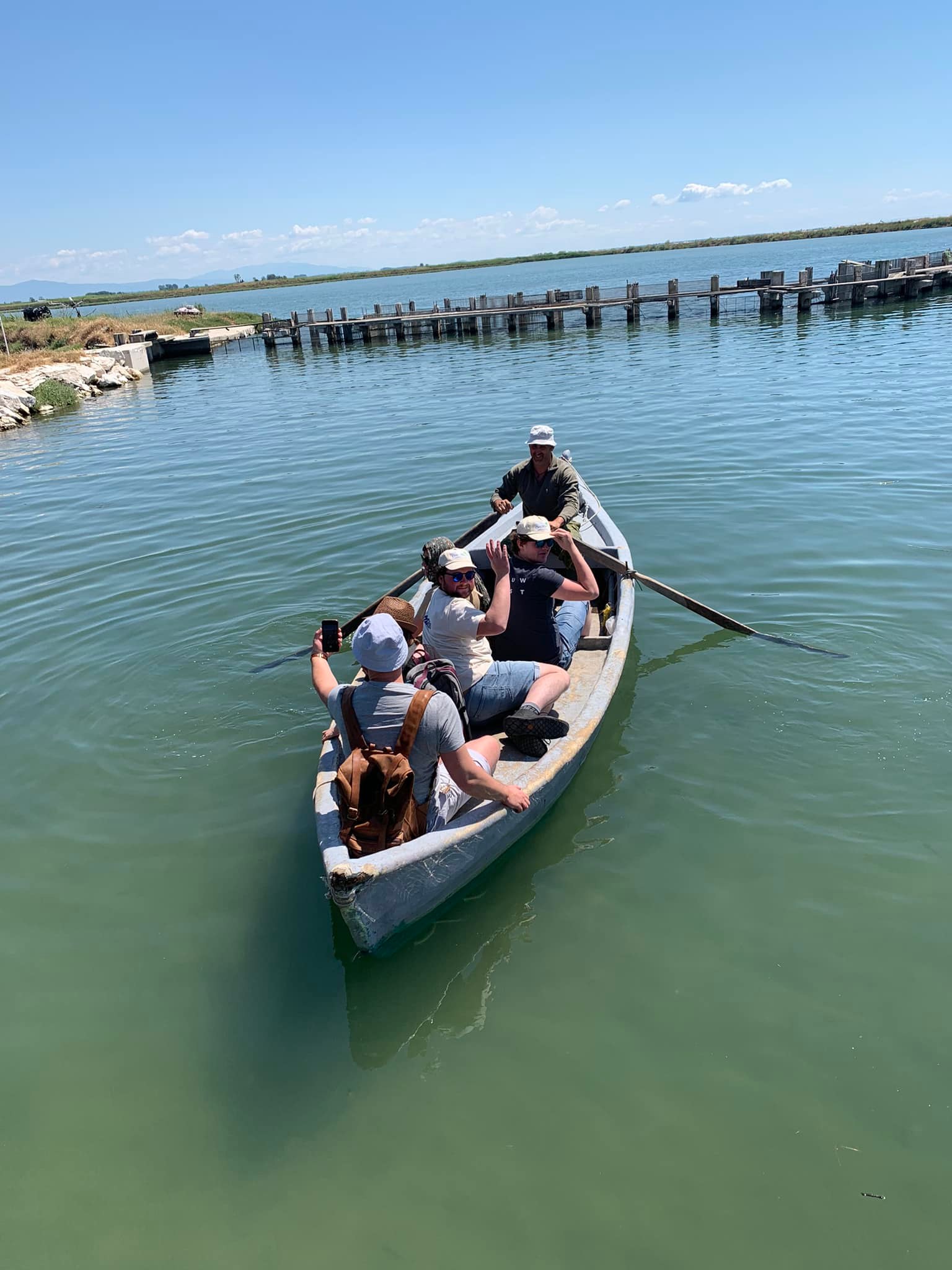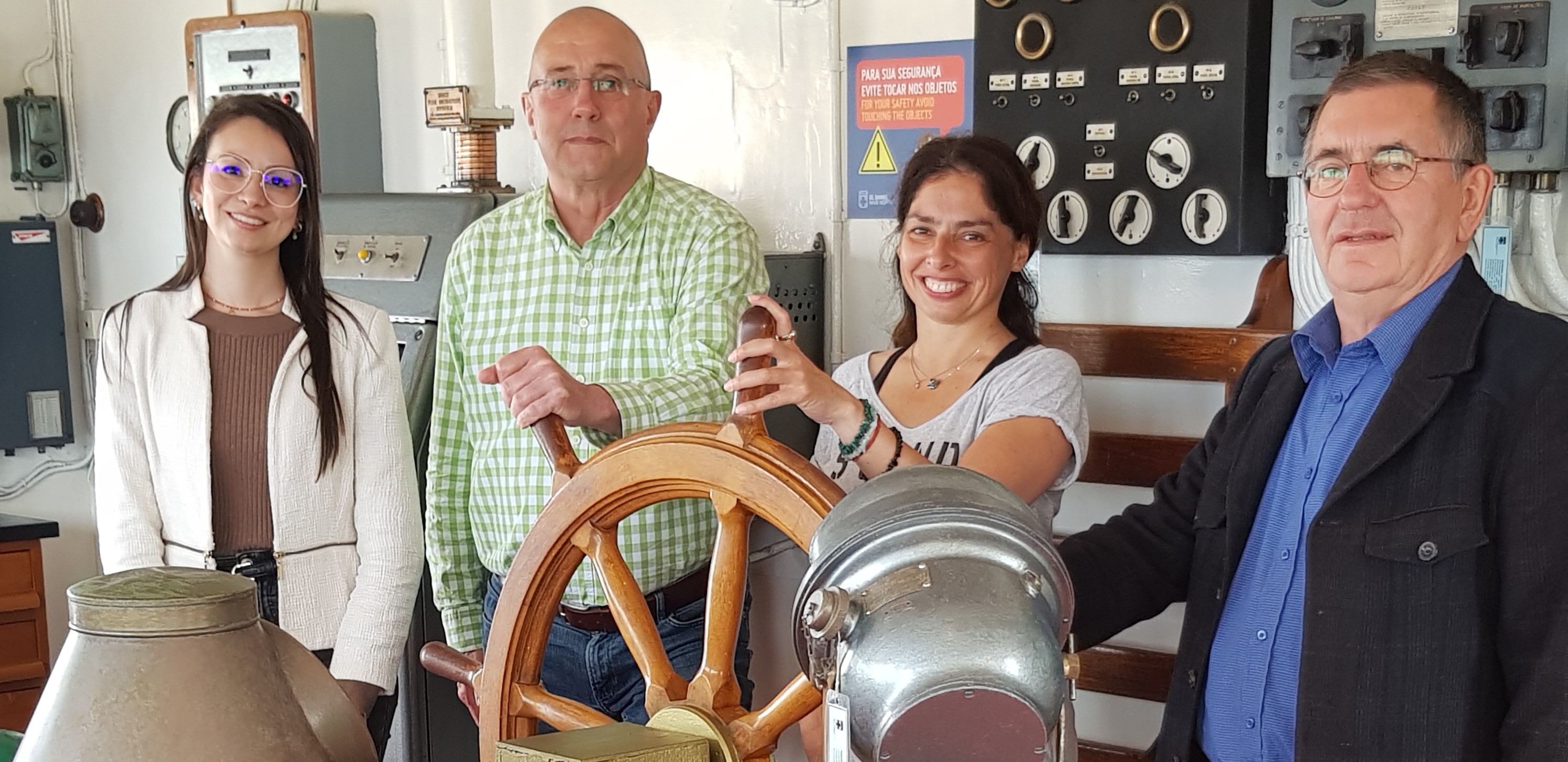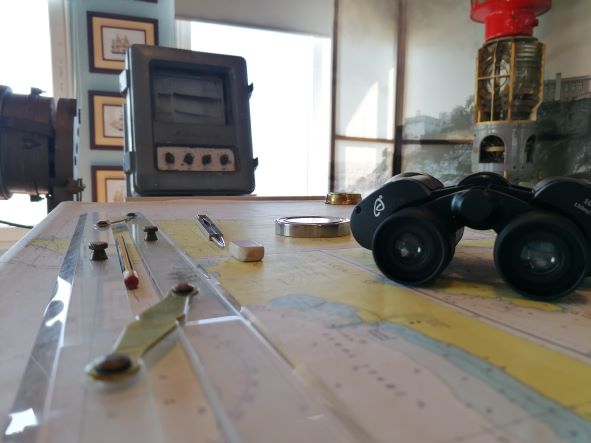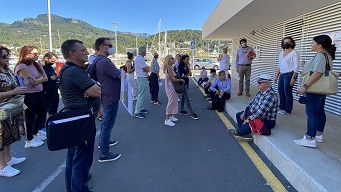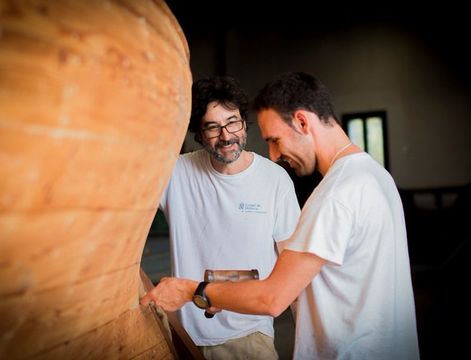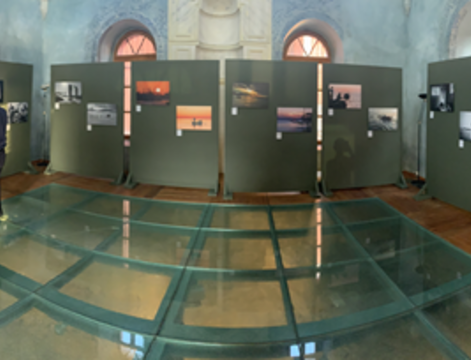Shipbuilding has been an important craft on Cyprus, therefore it is no surprise that most good practices focus on preserving the skills and tools that have been used by shipbuilders. Cypriots are right to be proud of the craftsmanship by their ancestors and the good practices make sure to pass along the skills and knowledge onto the next generation. Next to that, information about the region is being passed on to visitors and tourists by fishermen during activities which take place on their boats.
Traditional Boats Lab
In the warehouse area of the University of Cyprus, the Traditional Boats Lab can be found. At the Lab, students get the opportunity to learn about the basic principles of ancient and traditional shipbuilding. Traditional knowledge the island has been known for throughout history, but which could be lost if not protected and conserved through practices like these. Traditional Cypriot vessels are also rescued as these can be renovated while the students also record the old techniques that have been used to build the vessels. The general public can view the Lab’s collection of rare objects and tools for traditional shipbuilding and fishing at the Museum of the Sea in Ayia Napa.
Vernacular Shipbuilding Wharf
Old and historic fishing vessels are also restored at the wharf owned by Blue Line Shipbuilders LTD. The craftmanship has been passed from generation to generation, and students are involved to create a database which documents the skills and tools necessary for traditional shipbuilding, as there are not many vernacular shipbuilders left on Cyprus. The database can be used for research purposes, but also for the creation of educational material for children and adults. The first shipbuilding workshop for students has already taken place.
Intangible Maritime Cultural Heritage Project
Vernacular shipbuilding as mentioned above is being recorded by the Intangible Maritime Cultural Heritage Project. The project has reconstructed the development of the craft and how the technology has been transferred since the 18th century. It aims to record more maritime professions such as fishing, sponge diving, the making of sails and to identify the role of traditional craftsmen in their communities. Educational material is being created for children and adults as a means of understanding, preserving and promoting the cultural heritage of Cyprus.
Fishing Tourism
The region of Larnaca started the initiative to encourage fishing tourism as an attractive means of income for fishermen and to protect the natural, social and cultural environment of fishing communities. Fishing boats were upgraded to be used for touristic activities, and tours were funded which taught visitors about fishing activities and the history of the village. Visitors can practice the traditional ways of fishing, and the fishermen teach them how to clean the fish and prepare a traditional meal. While eating the catch of the day, fishermen tell them stories about their lives and their communities.
Fishing tourism not only offers fishermen a different kind of income, it also reduces over-fishing in the area and helps to protect the natural environment of the island.
To learn more about all the projects and initiatives that contribute to the protection and promotion of cultural heritage in fishing communities , check out the good practices page on the website.
